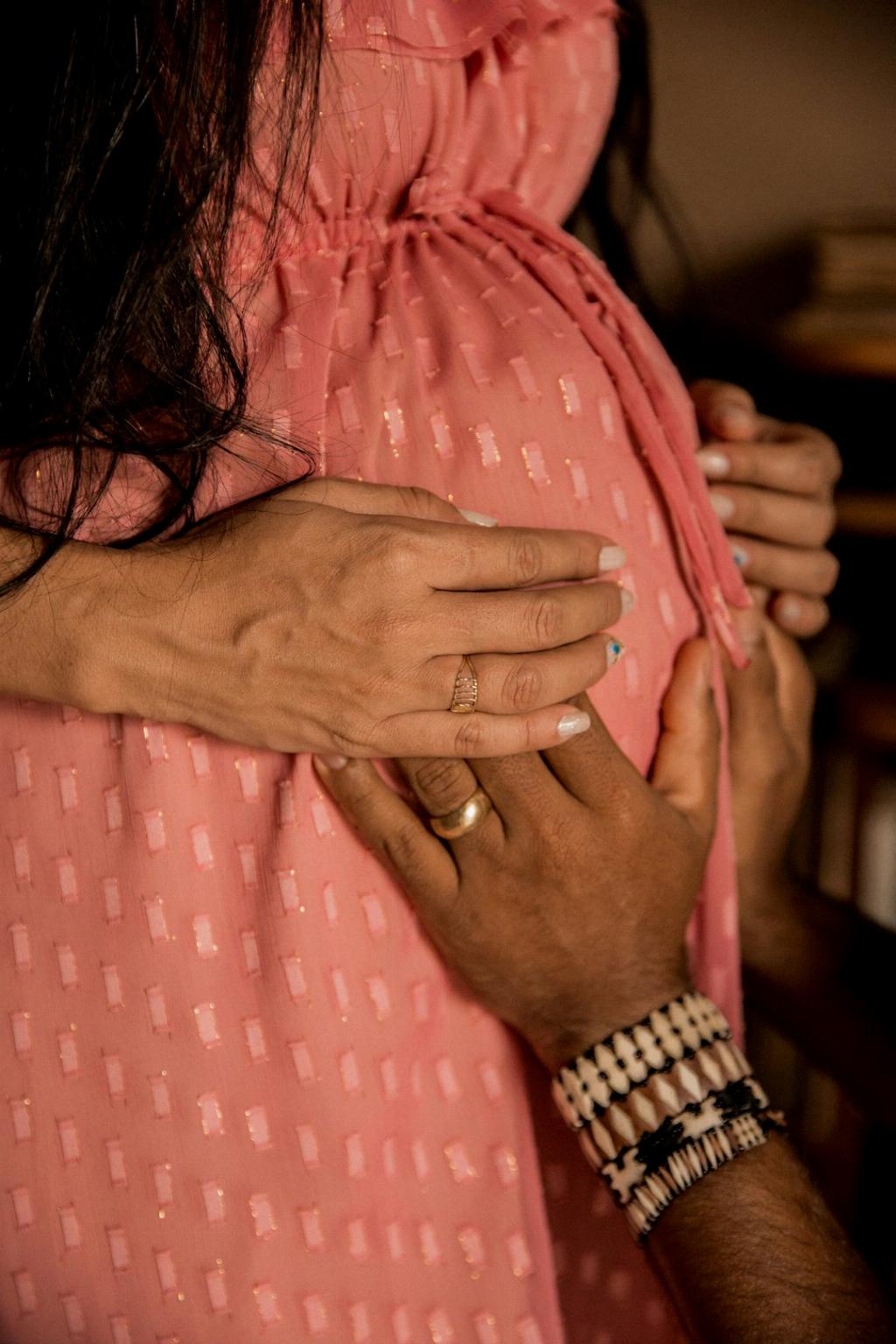During pregnancy, many changes occur in the body that can lead to discomfort and pain, including in the colon. Understanding why your colon may hurt during this time is important for managing your symptoms and ensuring your well-being.
Impact of Progesterone
One of the factors that can contribute to colon pain during pregnancy is the hormone progesterone. Progesterone plays a crucial role in supporting pregnancy, but it also relaxes the muscles in the body, including those in the intestines. This relaxation can lead to a slowdown in the digestive system, causing constipation and discomfort in the colon.
Estrogen Levels and Water Retention
Another hormone that can influence colon discomfort during pregnancy is estrogen. Increased levels of estrogen can result in the body retaining more water and gas, which can contribute to bloating, cramping, and pain in the abdomen, including the colon area.
Uterine Expansion and Pressure
As your pregnancy progresses, the uterus expands to accommodate the growing fetus. This expansion can put pressure on surrounding organs, including the colon, leading to sensations of fullness, pressure, and discomfort. This physical pressure can intensify colon pain during pregnancy.
Dietary Changes and Hormonal Influence
Changes in dietary habits and food preferences during pregnancy can also play a role in colon pain. Hormonal influences can affect how your body processes certain foods, potentially leading to indigestion, gas, and bloating, all of which can contribute to colon discomfort.
Constipation and Fecal Matter Pressure
Constipation is a common issue during pregnancy, and it can significantly impact colon health. When fecal matter builds up in the colon due to slowed digestion, it can exert pressure on the colon walls, causing pain and discomfort. Ensuring regular bowel movements is essential for relieving colon pain.
Stress and Hormonal Imbalance
Stress and emotional well-being can also affect colon health during pregnancy. Hormonal changes coupled with emotional stress can lead to disruptions in the digestive system, potentially exacerbating colon pain. Finding ways to manage stress is crucial for overall digestive comfort.
Posture and Body Alignment
As your body undergoes physical changes during pregnancy, your posture and body alignment can also shift. Poor posture or misalignment can put added pressure on the digestive organs, including the colon, contributing to discomfort and pain. Maintaining good posture and practicing gentle exercises can help alleviate these issues.
Hydration and Fiber Intake
Staying hydrated and consuming an adequate amount of fiber are essential for promoting healthy digestion during pregnancy. Dehydration can exacerbate constipation, while insufficient fiber intake can lead to sluggish digestion and increased colon discomfort. Ensure you drink plenty of water and incorporate fiber-rich foods into your diet.
Medical Conditions and Consultation
In some cases, underlying medical conditions such as irritable bowel syndrome (IBS) or inflammatory bowel disease (IBD) can contribute to colon pain during pregnancy. If you experience severe or persistent symptoms, it is crucial to consult with your healthcare provider for proper evaluation and treatment.
Home Remedies and Relief Strategies
There are several home remedies and relief strategies you can try to alleviate colon pain during pregnancy. Gentle exercise, such as walking or prenatal yoga, can help stimulate digestion and reduce discomfort. Warm baths, abdominal massages, and dietary adjustments can also provide relief.
Conclusion
Colon pain during pregnancy can be a challenging symptom to manage, but understanding the various factors that contribute to it can help you better address your discomfort. By making lifestyle adjustments, staying hydrated, and seeking medical guidance when needed, you can navigate colon pain more effectively during this transformative time.

